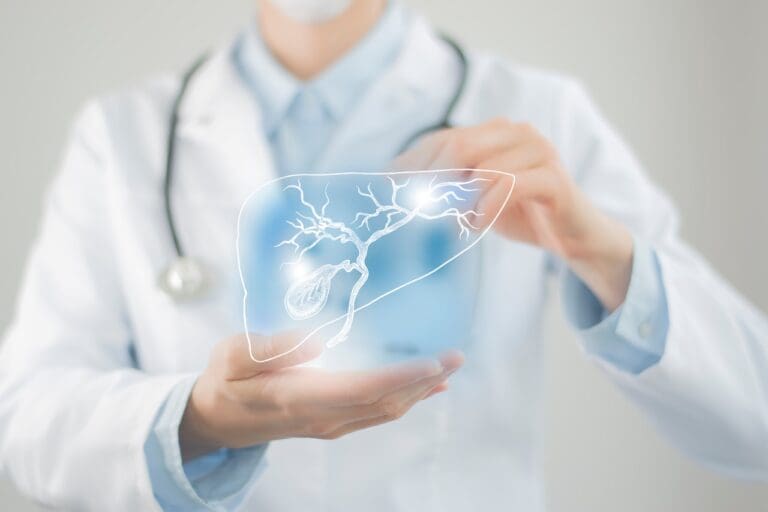Human papillomavirus (HPV) is one of the most common sexually transmitted infections in the world and occurs in the lives of many women. However, the impact of HPV infection during pregnancy and its possible consequences deserve special attention, especially when considering the risk of cervical cancer. Although the presence of HPV during pregnancy does not always lead to serious consequences, gynecological examinations and close medical supervision are extremely important.
What is HPV and how does it affect pregnancy?
HPV is a virus that has many different strains. Some types are harmless, while others can cause cervical cancer and other cancerous diseases. The most dangerous are types 16 and 18, which often cause cancerous changes of the cervix.
Although most HPV infections clear up on their own, the virus can persist for a long time and can even cause cancer. Hormonal changes during pregnancy can alter the activity of the virus and cause the infection to progress. During this time, the tissues of the cervix are also more sensitive, making them more susceptible to the effects of the virus.
HPV and the risk of cervical cancer during pregnancy
In some cases, HPV infection can also increase the risk of cervical cancer. If left untreated, the cell changes in the cervix caused by the virus can develop into cancer. Although the risk of developing cervical cancer during pregnancy is relatively low, the risk cannot be completely ruled out. Close medical follow-up is particularly important if a pregnant woman is found to have HPV during a gynecological screening test or if abnormal cell changes were present previously.
Cervical cancer screening during pregnancy is not always necessary, and doctors usually postpone colposcopy (a thorough examination of the cervix) and biopsy unless the situation is urgent. However, if a pregnant woman has already had screenings and abnormal changes are found, further medical intervention may still be necessary, although this always requires careful consideration between the doctor and the patient.
HPV treatment during pregnancy
Treatment for HPV during pregnancy focuses mainly on reducing the effects of the virus and preventing complications. Since there is no specific cure for HPV, treatment is aimed at preventing complications, such as cervical cancer.
For pregnant women, specialists avoid antiviral treatments that could potentially harm the fetus. Most treatments, such as cryotherapy (freezing) or laser treatment, can usually be postponed until after delivery. Doctors focus on performing basic screening and screening tests to monitor viral activity.
Important information for expectant mothers:
- Regular medical check-ups: If HPV symptoms occur or the presence of the virus is detected during screening tests, close medical supervision is important.
- Psychological support: HPV infection and its possible consequences, such as cervical cancer, can be a great psychological burden. It is important that the expectant mother receives adequate support.
- HPV vaccine: The HPV vaccine is the best prevention against HPV infection, but it is not recommended during pregnancy. It is best for pregnant women to get the vaccine before pregnancy to prevent viral infections.
Regular screening can save lives
Gynecological tumors often remain asymptomatic for a long time, so regular check-ups are essential. At the Villa Medicina clinic, our obstetrician-gynecologists use their expertise and modern diagnostic tools to help our patients detect any changes in time and begin treatment at an early stage of the disease.





